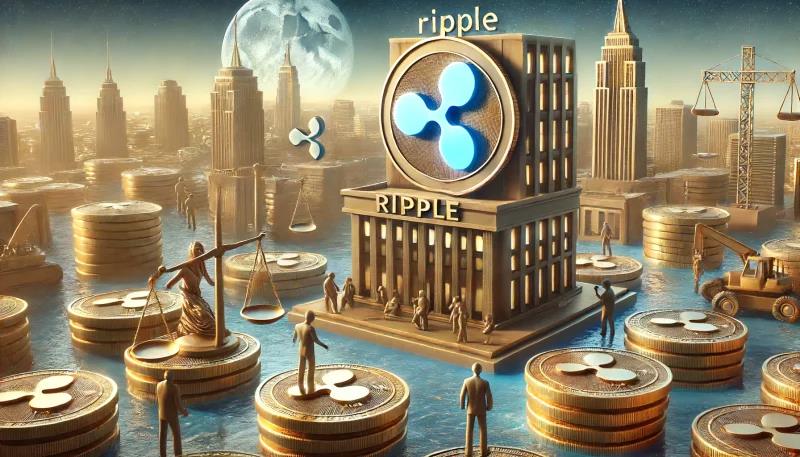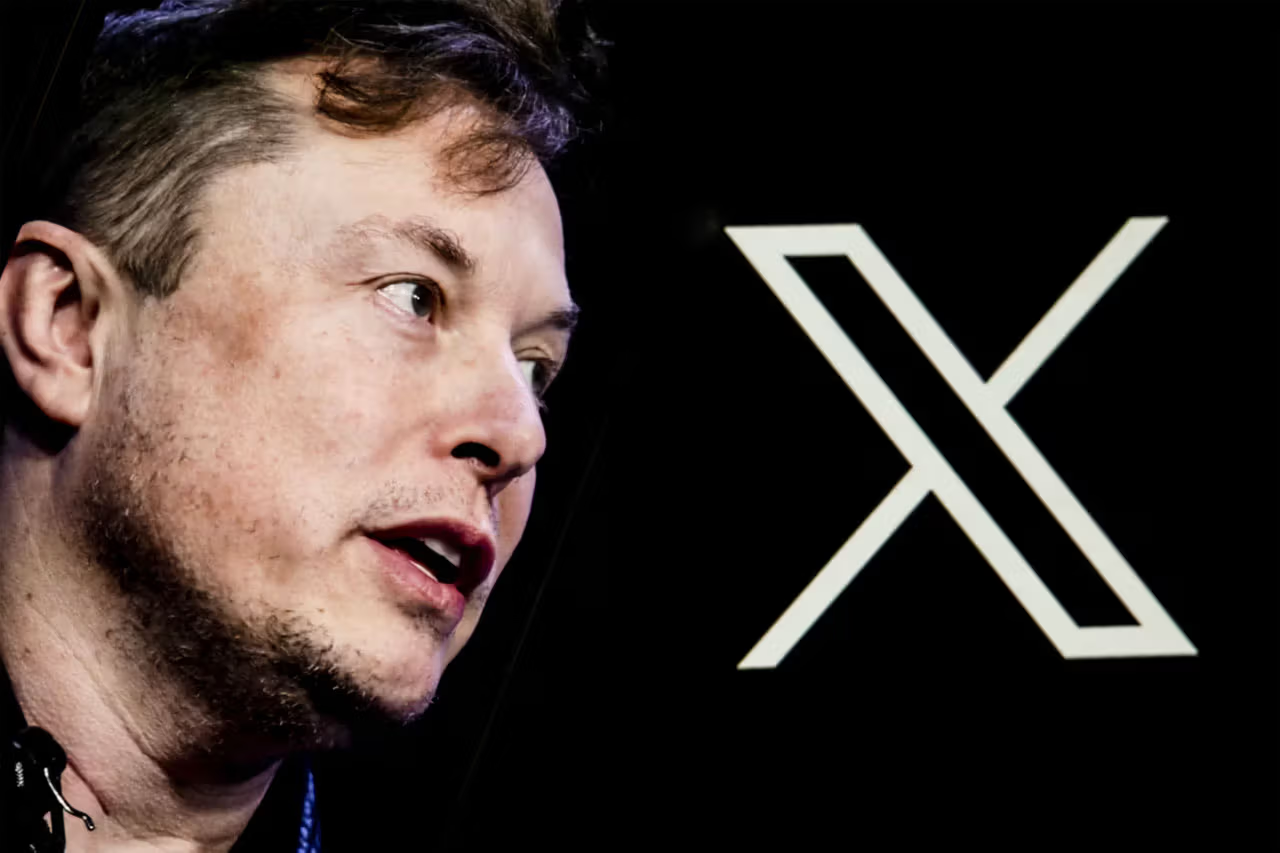On the allegations of Ripple Labs CEO Brad Garlinghouse violating securities laws, CLO Stuart Alderoty has spoken out with details
Stuart Alderoty, Ripple’s Chief Legal Officer, has broken his silence regarding a recent lawsuit against XRP securities, which has sparked controversy within the community.
According to the legal veteran, the California judge who presided over a contentious Ripple case dismissed all allegations that the blockchain payment platform had violated federal securities law.
Lawsuit Against Ripple CEO Proceed to Trial
A new civil lawsuit against Ripple was authorized to proceed to trial by Judge Phyllis Hamilton of the U.S. District Court for the Northern District of California on Thursday.
She partially denied the crypto firm’s motion for summary judgment in a lawsuit that accused Brad Garlinghouse, Ripple’s CEO, of violating state securities laws in 2017. In a 2017 televised interview, Judge Hamilton seeks to determine whether Garlinghouse made “misleading statements” regarding the sale of securities.
Nevertheless, the judge dismissed the remaining four class action claims enumerated in the securities lawsuit. The “failure to register claims” is one of the claims that were thrown out.
Alderoty stated that Judge Hamilton’s decision, encompassing the single state law claim to be taken to trial, will be addressed appropriately.
The accusations against Garlinghouse assert that he violated California’s securities laws by claiming he was “very, very long XRP.” Simultaneously, he dispensed “millions of XRP on various cryptocurrency exchanges” in 2017.
Conversely, Ripple’s attorneys contend that the claim is invalid because XRP does not satisfy the Howey Test’s definition of security. This is consistent with the July 13 ruling by Judge Analisa Torres, which determined that XRP did not meet all of the criteria of the Howey Test when it was made available for direct sale to retail participants on crypto exchanges.
The plaintiff’s position “cannot give rise to a claim for misleading statements in connection with a security” as a result of this argument, according to Ripple’s attorneys.
Lawyers Disagree With Judge Torres’s July 17 XRP Ruling
Although Torres’ verdict at the time granted Ripple a partial victory, it is essential to acknowledge that not all of her colleagues aligned with her perspective.
District Judge Jed Rakoff, as you may recall, declined the ruling in a separate case brought by the United States Securities and Exchange Commission (SEC) against the Singaporean crypto firm Terraform Labs.
Judge Hamilton stated, “Consequently, the [court] is unable to determine as a matter of law that Ripple’s actions would not have induced a reasonable investor to anticipate a profit as a result of the efforts of others.”
Alderoty continued to assert that Judge Torres’s decision remains unchallenged. He dispelled all apprehensions regarding misconduct, a claim that Brad Garlinghouse, CEO of Ripple, has since verified.



